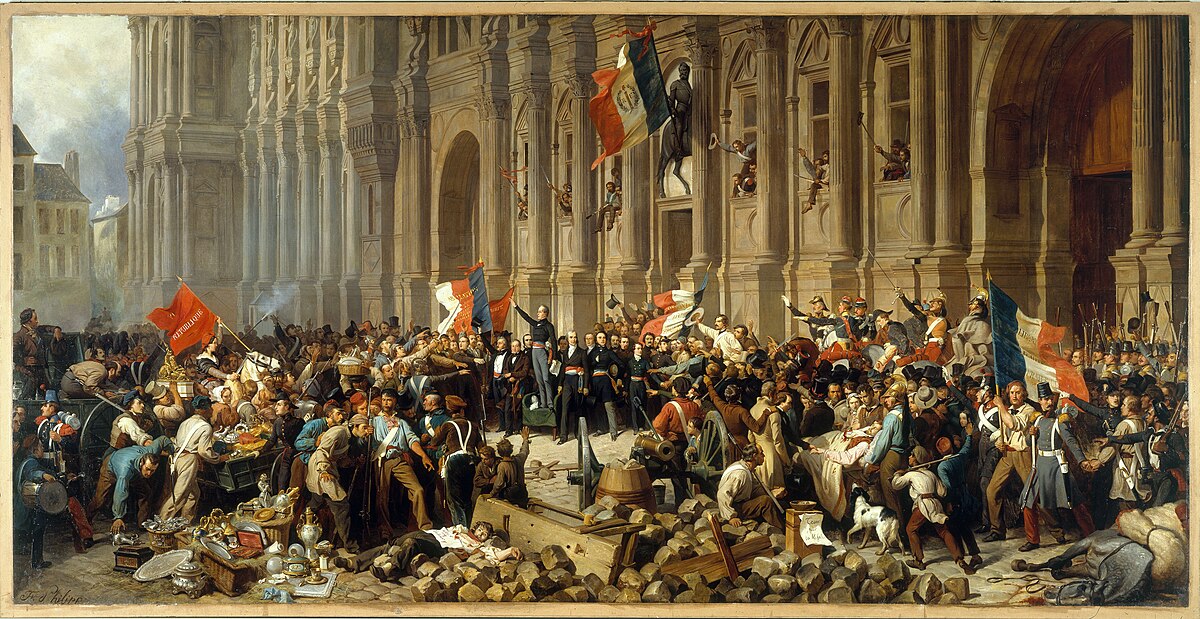SLD
Contributor
No. Not all monarchies. Constitutional ones like Great Britain now and the Netherlands and Denmark. Where the monarch’s power is significantly diminished. Absolute monarchies like Saudi Arabia are no different than other autocracies. They are repressive and have to be to maintain the status quo. But they are fundamentally unstable and likely to collapse violently eventually.Monarchies as inherently stable? Doubtful at best, given the long history of monarchs ending up deposed.
List of monarchies
List of current monarchies
List of current monarchs of sovereign states
Abolition of monarchy
Lists of monarchs who lost their thrones
List of monarchs who lost their thrones before the 13th century
List of monarchs who lost their thrones in the 13th century
List of monarchs who lost their thrones in the 14th century
List of monarchs who lost their thrones in the 15th century
List of monarchs who lost their thrones in the 16th century
List of monarchs who lost their thrones in the 17th century
List of monarchs who lost their thrones in the 18th century
List of monarchs who lost their thrones in the 19th century
List of monarchs who lost their thrones in the 20th century
List of monarchs who lost their thrones in the 21st century
List of monarchs who abdicated though some were forced to do so.
Including oodles of them directed against various monarchs.
Indeed the French Revolution was only the last of many revolts French monarchs dealt with. There was the Frond which impacted Louis XIV, there were bread riots in the early 1770’s. And many other problems throughout their long reign. Same with the Tsars. Same with English kings in medieval times.
But that’s not what I meant. King Charles’ power consists in acting as an important rallying symbol of the nation, not in any governmental role. Does this symbol help glue the nation together and bind the people so that in the end they are working together? They transcend partisan politics that can tear pure republics apart. At least that’s the theory I’ve heard. Obviously debatable.


